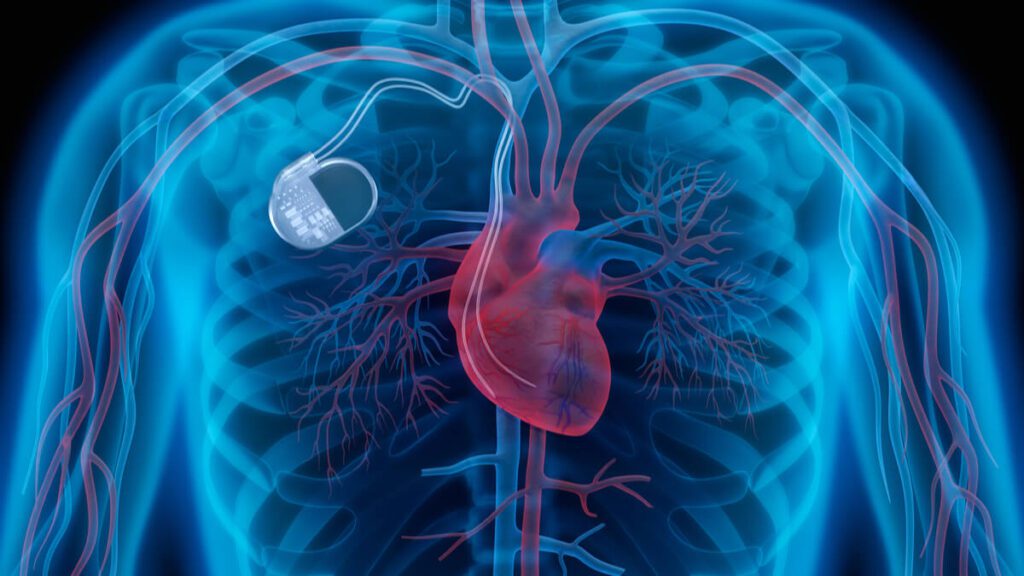Chronic heart and kidney failure to be treated by implantable device

While all sectors in our lives are being updated with the recent technological trends and ways to facilitate people’s lives, new technologies are being created to help people with their health amongst other issues.
As such, Paragate Medical, an NGT3 VC portfolio company, has developed a remote, implantable device solution for heart and kidney failure patients.
Most remote solutions use telematics to offer some type of remote monitoring, however founders Dr. Yair Feld, Nitai Hanani, and the team at Paragate have developed a solution that monitors and provides 24/7 home-based care to patients coping with chronic heart and kidney failure.
Mechanical bypass of the kidneys
Relatively recent research has shown that heart failure is a significant risk factor for kidney disease. As in, when the heart is no longer pumping efficiently, it becomes congested with blood, causing pressure to build up in the main vein connected to the kidneys and leading to congestion of blood in the kidneys, too.
Diuretics are currently the gold standard treatment but of the 26 million heart failure patients annually around the world, over one third are diuretic resistant, according to CORDIS, EU research results.
“Current solutions for fluid overload in diuretic resistant patients such as IV diuresis, ultrafiltration therapy and peritoneal dialysis all carry complications and are acute treatments which do not prevent recurrence,” the research said.
Paragate’s IPUD (Implantable Peritoneal Ultrafiltration Device) is a minimally invasive and fully implantable device that serves as a mechanical bypass of the kidneys. It actively, continuously, and non-aggressively removes excess fluid from the body to keep patients balanced at home.
How does it work?
IPUD improves the clinical condition of fluid overloaded patients by continuously removing extracellular fluids with a unique implantable peritoneal ultrafiltration device, operating non-aggressively and independently from the kidneys’ function.
The device is minimally invasive and the flat absorption device interfaces with the intraperitoneal membrane and applies a hydrostatic pressure gradient. It then continuously and slowly absorbs systemic isotonic extracellular fluid and drains it to the urinary system preventing recurred accumulation.
The device has a projected service life of 3 years and recharging the device has been made simple for the patients via wireless charging, needed on a weekly basis.
The company conducted successful preclinical studies and is planning to begin the clinical trials this year.
